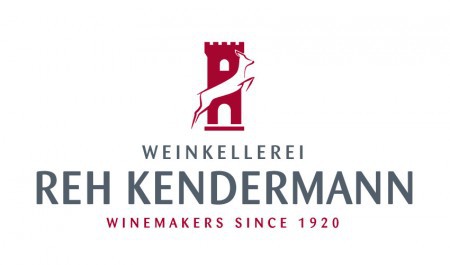
$100 million of counterfeit wine in circulation
The wine and drinks industry is under attack from fraudsters selling fake packaging and counterfeit alcohol - and thanks to new technology, the problem is only going to worsen.
NetNames, which specialises in online brand protection, is highlighting the huge impact that fake products are having on the health of the trade - and consumers.
Research from NetNames suggests that retailers are losing between $300m and $400m annually to copycats and counterfeiters, with wine counterfeit experts estimating that there is $100m of counterfeit wine currently in circulation.
Alcoholic drinks in particular are being regularly targeted by counterfeiters due to their premium price tag and because they are difficult to identify without tasting the product.
In January this year, Italian authorities seized 9,000 bottles of fake Moët & Chandon Champagne, along with 40,000 well-crafted imitation labels.
"Counterfeit wine not only poses a huge threat to consumers' health, it also significantly impacts a brand's image," said Stuart Fuller, Director of Commercial Operations and Communications at NetNames. "Our research found that 78% of consumers would shun a brand if they found themselves on a fraudulent website pertaining to be the brand's genuine site, despite the company itself not being negligent. The risk of reputational damage has been amplified by the growing role of social media in influencing consumers' shopping behaviours.
"As counterfeit drink products can be difficult to detect upon first purchase, many affected consumers will share their disappointment - and, in some cases, adverse reactions to the poor quality ingredients or substances contained within these items - once they realise the product is a fake."
 Fraud
Fraud
Counterfeiting is multi-million pound industry and advances in technology means the problem is growing.
In the UK, more than 1,800 litres of illegal wine and more than 600 litres of spirits and 'unidentified' alcohol has been seized in the past five years and an illegal factory making vodka using windscreen wash has also been shut down recently.

|
This is a significant increase in UK activity, from one seizure of spirits in 2013-2014 to 12 seizures in 2014-2015.
Fuller added: "Back in 2014 over 200,000 bottles of fine Italian wine including Brunello and Rosso di Montalcino were seized by Italian police. The wines were cheap local varieties carrying authentic looking labels with a market value of over €5m. According to a study by Marco Turchini in 2012, over €2 billion was lost to Italian wine producers due to counterfeiting, amounting in a loss of 14.8% of their total sales. This clearly demonstrates the catastrophic impact counterfeiting can have on the industry."
However, all is not doom and gloom.
Today (May 25), National Wine Day, and Fuller is urging businesses to consider how they can safeguard themselves against fraudsters.
"Firstly, brands should appoint a dedicated brand protection manager to raise awareness of the challenge of counterfeiting both internally and externally," he said. "If they do identify a breach of their intellectual property, brands must liaise with law enforcement agencies, such as The City of London's Police Intellectual Property Crime Unit (PIPCU), which has already investigated more than £28 million worth of IP crime and suspended more than 2,000 .co.uk domain names in its first year alone, as well as Trading Standards, Food Standards Agency and the Intellectual Property Office (IPO).
"Retailers must also take centralised control over their domain names to respond to cybersquatters, typosquatters, and rogue e-tailers rapidly and, where necessary, bring in outside experts with the experience and advanced technologies that are needed to monitor for threats.
"Wine producers must also proactively educate their customers so that they can identify and avoid fakes. Some companies have even set up dedicated web pages to help consumers determine whether a product they have bought is a fake and allow them to report where they purchased it.
"To address this problem on a larger scale, retailers and the wider food and drinks industry will need to join forces with other brands and industry bodies to pool their resources, influence and intelligence. New anti-counterfeiting technologies, including product identification and tracking, can also be shared as part of a multi-layered approach."





